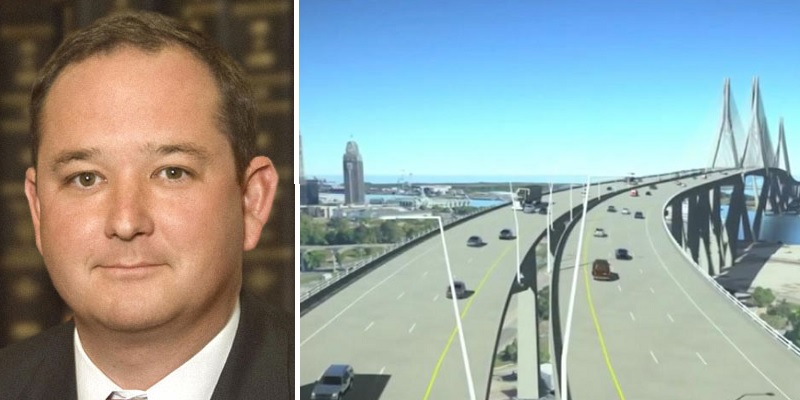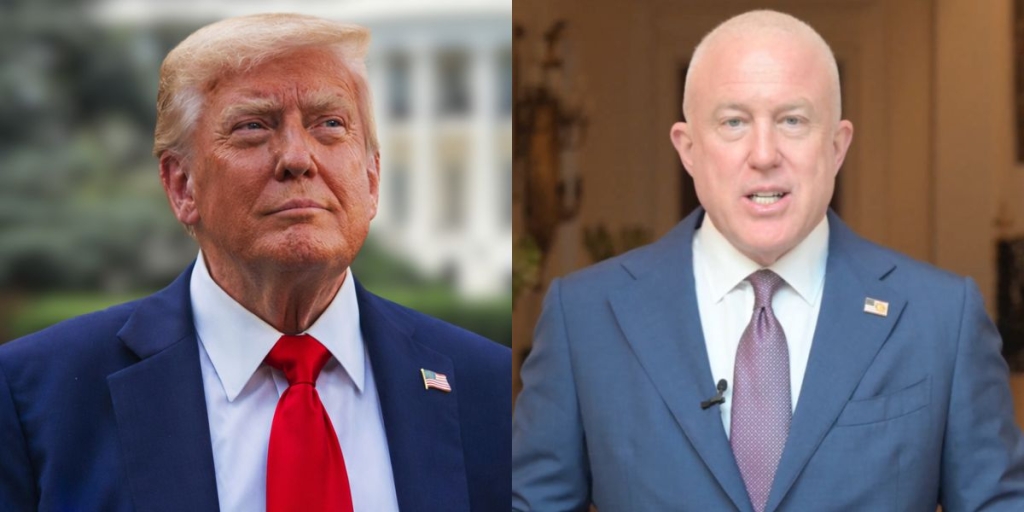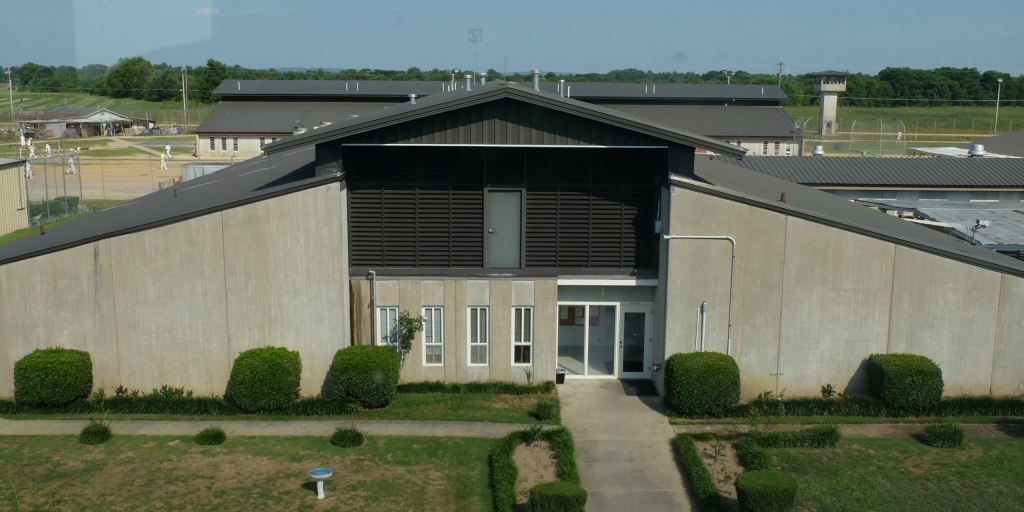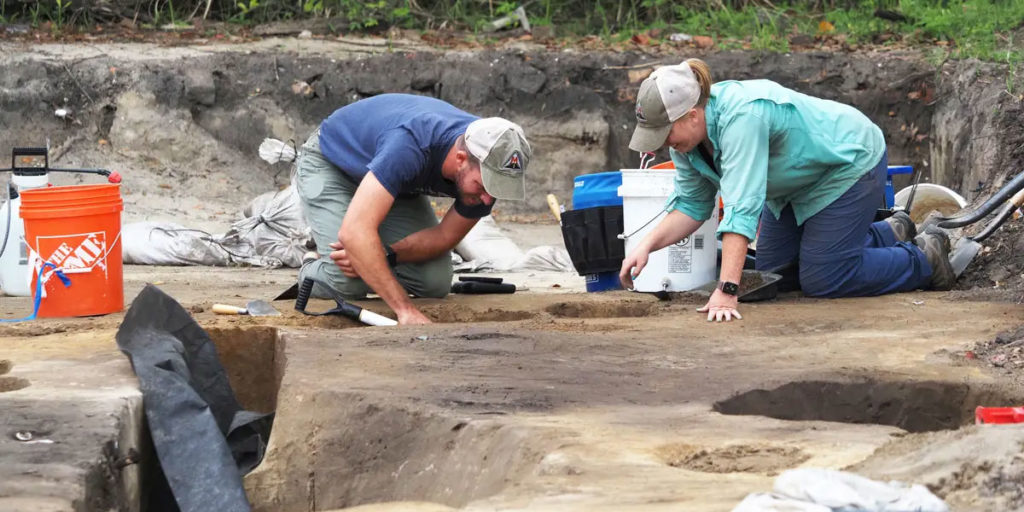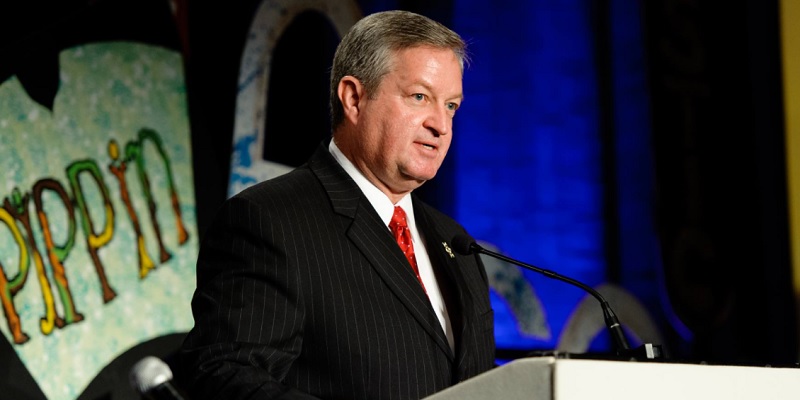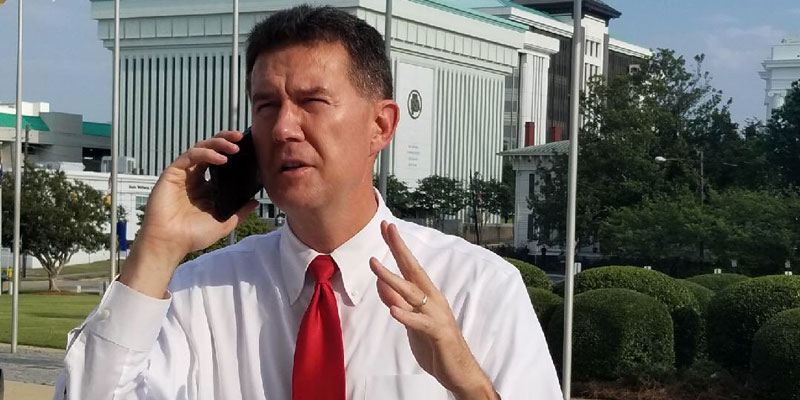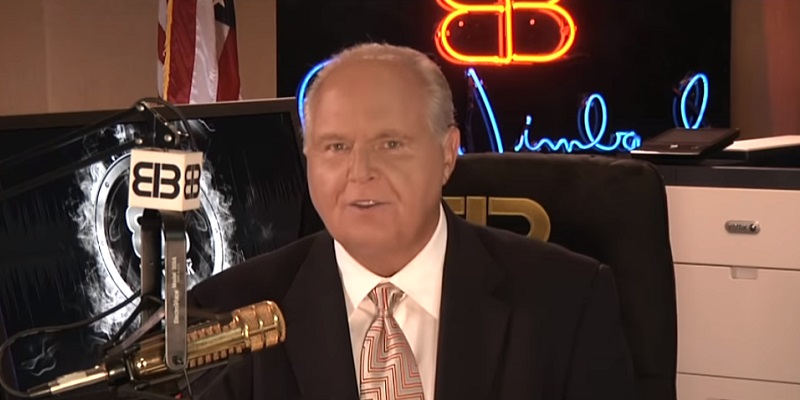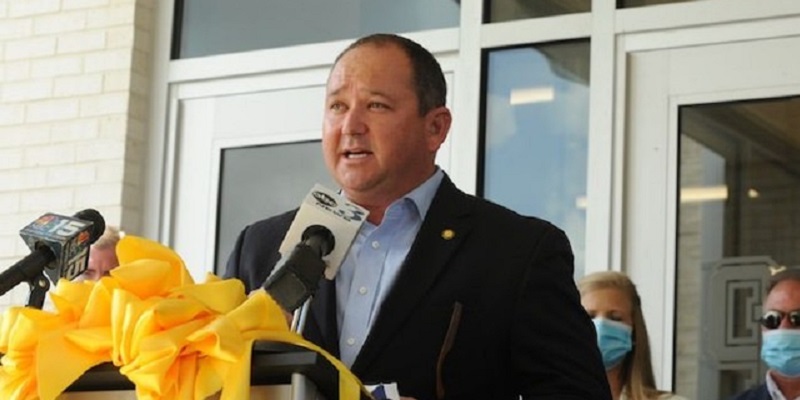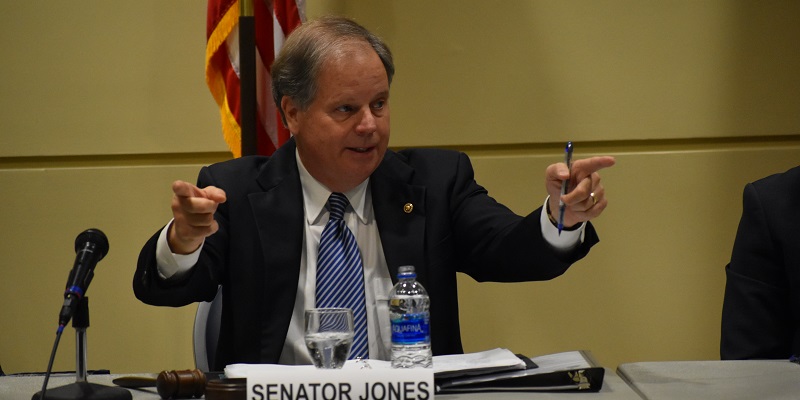The funding for the new Interstate 10 Mobile Bayway Bridge remains the hottest political topic in Southwest Alabama as residents continue to grapple with a century-old problem of perfecting the best way to get back and forth from Mobile to Baldwin County’s Eastern Shore.
Currently, the Alabama Department of Transportation appears to be set on allowing for a toll for the new bridge, which reportedly could cost as much as $6 each way per automobile. That has drawn the ire of local residents, especially on the heels of a move by the Alabama legislature to hike the state’s gasoline tax. It has also raised questions about the local congressional delegation and the Alabama Department of Transportation, and the perceived inability to secure federal money, which supposedly could be used in place of a toll.
During an appearance on Mobile radio’s FM Talk 106.5, Sen. Chris Elliott (R-Daphne) explained why federal money is not as readily available as it once might have been and how the project got to the point of requiring a so-called public-private partnership (P3), which he argued is now the norm for projects of this magnitude.
“The simple answer to that is this is a very, very large project,” Elliott said on Monday’s broadcast of “Midday Mobile.” “When you start talking about $2.1 to $2.3 billion, this is a project that’s the largest of its kind, really in the Southeast, and one of the largest public infrastructure projects nationally. There are other on FHWA and USDOT’s [Federal Highway Administration and U.S. Department of Transportation] website that you can look through, many of which are private-public partnerships – these P3s we’re talking about right now. But that is the shift the federal government has made on how to fund major infrastructure projects like this – these public-private partnerships, and that’s really how we’ve ended up here.”
As for federal funding, or the lack thereof, Elliott told host Sean Sullivan given the end of the practice of earmarking by Congress, U.S. Sen. Richard Shelby’s (R-Tuscaloosa) ability as chairman of the Senate Appropriations Committee is limited in steering federal money to Alabama for the project.
“Things have changed from the federal government’s standpoint,” Elliott said. “It really started when we quit doing earmarks. Remember earmarks in the federal government, and the powerful senator and the powerful congressman got the stuff in his district. And for what it’s worth – whether you like earmarks or not, I think everybody would agree that in Alabama, we really missed our timing on that because we got Senator Shelby as the chairman of the Appropriations Committee, the Senate Appropriations Committee, arguably the third or fourth-most powerful man in the world, in the country. And that’s where we missed the boat. If earmarks were still around and Shelby is in this position, I don’t think that we would be having this conversation. And so the good fiscal conservatives that we are, and most of us are here in South Alabama, don’t like earmarks and we’re applauding when the federal government got rid of them. And it was probably a good thing given the deficit and the debt that our federal government has. But, that’s where we missed out here in South Alabama – is we didn’t have Shelby in the right spot when the earmarks were there. “
“Senator Shelby has been very effective at bringing dollars back to Alabama, and other congressmen and senators have as well,” he added. “But Shelby has been particularly adept at it. And he has continued to do that and will continue to do with the port widening. But to talk to Senator Shelby and to talk to his office, it’s one thing to find $100 million, or $200 million, or even $500 million that we’re matching here at the local government level. But $2.1 billion is a whole different animal. And that is not something that is not something Senator Shelby is able to wave his wand and make happen, unfortunately.”
The Baldwin County Republican state senator indicated that the bridge’s details are still being determined, which will have an impact on funding and the amount of a possible future toll.
@Jeff_Poor is a graduate of Auburn University, the editor of Breitbart TV and host of “The Jeff Poor Show” from 2-5 p.m. on WVNN in Huntsville.




